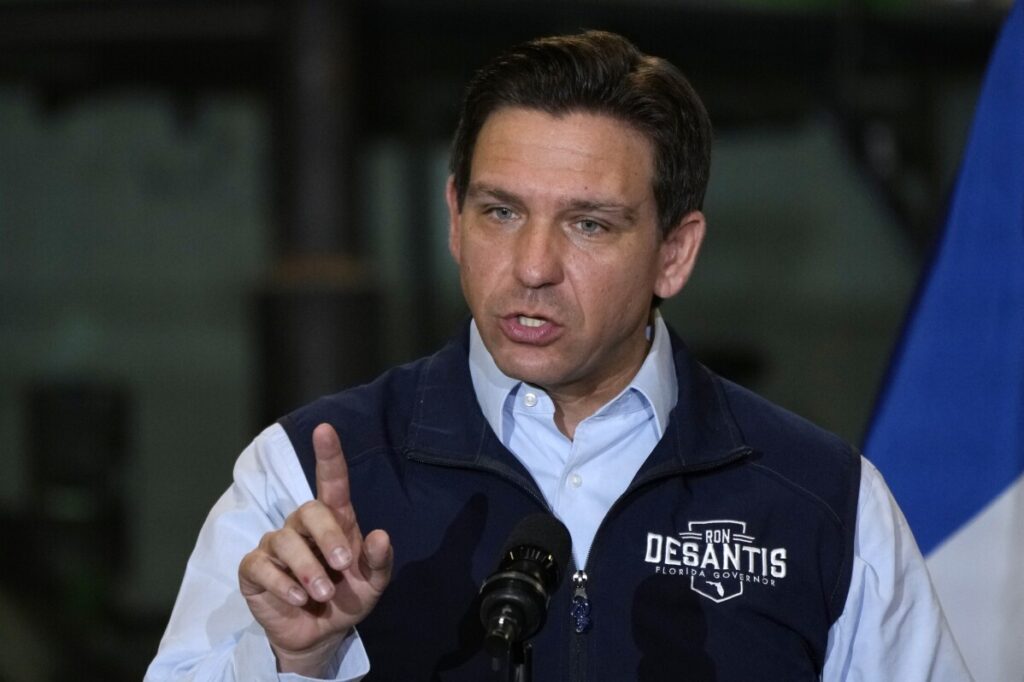Inside ‘Alligator Alcatraz’: Florida’s Everglades Detention Center Raises More Questions Than Answers
Florida’s ‘Alligator Alcatraz’ detention center showcases rapid construction but conceals troubling conditions and lack of transparency, raising serious concerns about governance and migrant treatment under America First policies.

On a sweltering day deep in the Everglades, Florida lawmakers finally toured the state’s newly minted immigration detention facility dubbed “Alligator Alcatraz.” But even as Gov. Ron DeSantis and his Republican allies brandish this remote camp as a symbol of tough enforcement aligned with President Trump’s call for mass deportations, keen observers question how much lawmakers truly saw—and what remains hidden beyond the tents and trailers.
Is This a Real Solution or Just Political Theater?
The sprawling 3,000-bed compound rose seemingly overnight on an isolated airstrip surrounded by swamp, reflecting a rush to meet Washington’s demand to more than double migrant detention capacity nationwide. But amid glowing official statements promising medical care, recreation yards, and legal access, reports from detainees paint a starkly different picture: worm-infested food, overflowing toilets, relentless mosquitoes, intermittent air-conditioning failures in brutal South Florida heat—and showers that come too infrequently to be humane. Which is the true reality of this facility?
This clash between official rhetoric and firsthand testimonies should alarm every American concerned with human dignity and lawful governance. When scrutiny was initially blocked—prompting a lawsuit by Democratic legislators claiming obstruction of oversight—it only deepened suspicions that hiding facts was prioritized over transparency. Despite being granted an arranged tour later on, Democratic representatives warned they were likely shown only sanitized views.
Why Does This Matter for America First?
The rapid creation of “Alligator Alcatraz” may appear to advance national sovereignty by reinforcing border security—but at what cost? Sacrificing oversight for speed undermines trust in government institutions tasked with balancing security and liberty. If America is to enforce immigration laws effectively while preserving our principles of justice and humanity, accountability cannot be optional.
The Trump administration rightly recognized the need for increased detention capacity as part of a coherent immigration strategy. Yet facilities like this must rise not just as symbols of toughness but as models of lawful treatment that reflect American values. Failure to ensure humane conditions weakens our moral standing globally and fuels domestic division—a price too high for any administration claiming to put America first.
As families across this nation face economic challenges exacerbated by instability at the border, are taxpayers getting their money’s worth from rushed projects shrouded in secrecy? How long will Washington permit political expediency to trump effective oversight? The unfolding story at “Alligator Alcatraz” demands vigilant attention—not spin.
